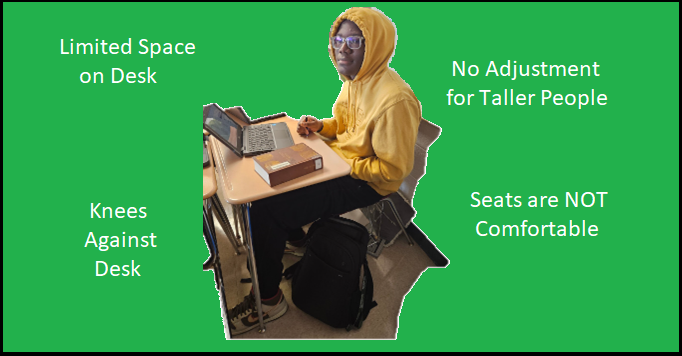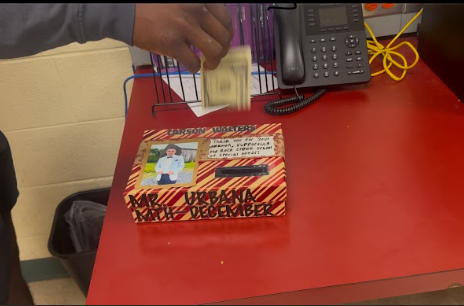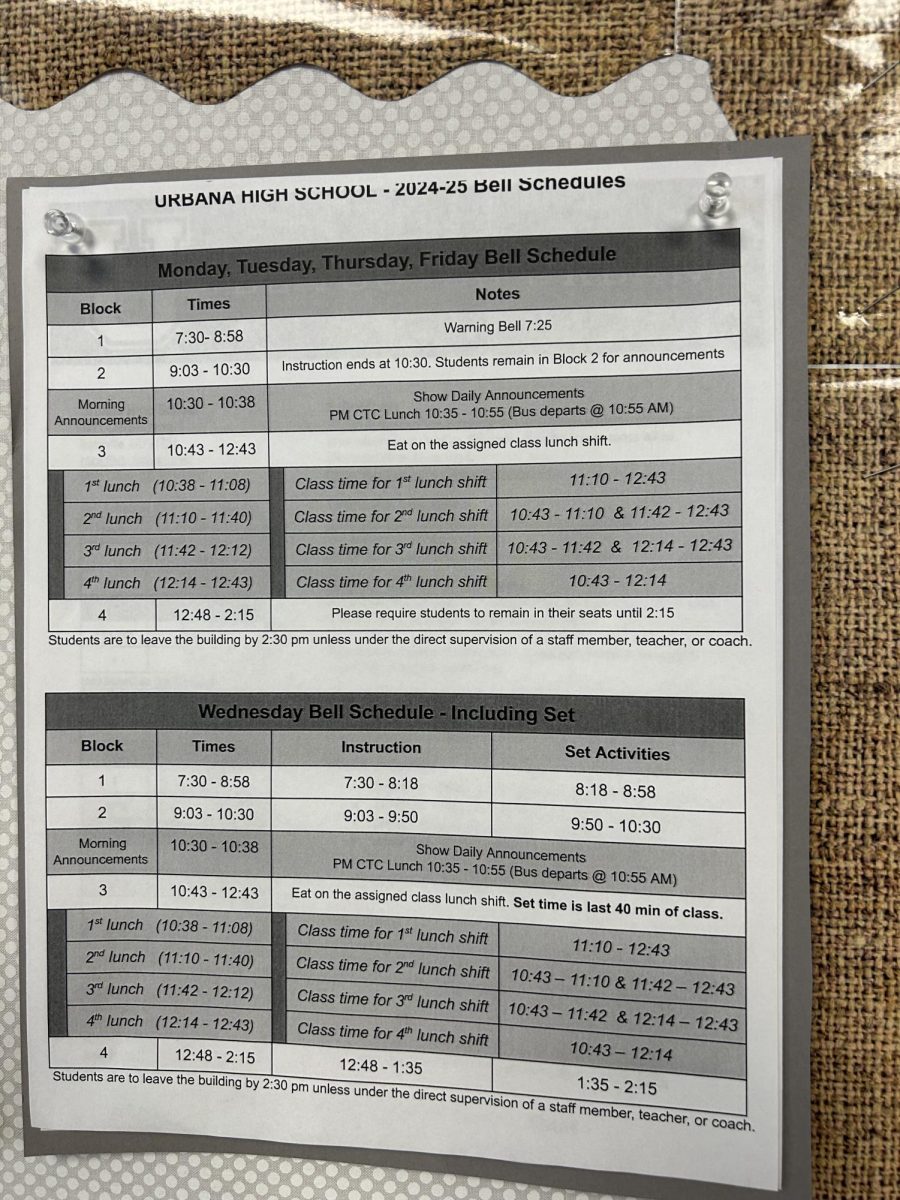End of DACA Ends Many Dreams
Camila Garcia, a 19-year-old cosmetologist, finishing up a hairstyle. Photo Courtesy of Duina Bakovic
October 31, 2017
Your friend, cousin, or your cousin’s friend. We all know immigrants. If all the immigrants in our school were to leave imagine how empty our school would be. Many immigrants are affected by the latest decision that limited them.. On Tuesday, Sept. 5, 2017, President Donald Trump announced he would end the Deferred Action for Childhood Arrivals (DACA) unless Congress took action within six months. This decision has left 800,000 immigrants hanging in uncertainty.
DACA was established by President Obama on June 15th, 2012. During the time of its creation, DACA resulted in hope for children of illegal immigrants. This hope allowed children 16 and younger who came to the United States illegally to remain two years. They could renew their period every two years. This allowed many of these immigrants to work without fear. However, for others DACA was an abuse of the presidential power. Gregg Jarrett, a legal analyst, says “Obama twisted the law, ignored the Constitution, and abdicated his primary responsibility as chief executive.”
The quiet issue turned into protests after President Trump announced he was ending the program unless Congress came to a decision. Rallies occurred in front of the White House where signs reading “Dreamers not Criminals” and “ Dreamers Make America Great” were shown. Dreamers are what the DACA participants call themselves and many, if not all, are upset about Trump’s decision to repeal DACA.
Many fear what will happen after the six months if Congress doesn’t come to a decision. Even though deportation looks like the result, Americans must keep in mind that a mass deportation is not possible. The United States economy would plummet and the resources are just not available for that to happen.
So, what will Congress do? There are many resolutions that Congress could come to. The DREAM Act is an idea that will be reopened in Congress. The DREAM Act would help the Dreamers reach citizenship by meeting time requirements as well as other requirements. However, this Act was previously rejected and doesn’t show much promise to the Trump administration.
Another possibility is Recognizing America’s Children Act. Through RAC Act recipient’s would earn legalization through higher education or college, military service, or work authorization. After a five-year conditional period, they could reapply for a five year permanent status. After 10 years of permanent status, they could apply for citizenship.
She loves listening to music, she has plans to get a job, and her least favorite subject is math. Sound like many of us, right? Camila Garcia is 19 years old and many of us can relate to her likes and dislikes. However, her story and life right now may differ a lot from ours. Gracia came from Mexico at the age of one. Her family came looking for a better future. Her parents wanted to “open up doors to opportunities that they hadn’t had in Mexico”, said Garcia.
Garcia is a 2016 graduate from Clarksburg High School. After high School, she studied at Paul Mitchell in Frederick, a cosmetology school. Using her cosmetology studies she worked at Le Mer Salon located in Gaithersburg, MD. She is currently attending Montgomery County College to begin her future nursing career. Her plans, however, are now in limbo.
“DACA has helped me with everything” said Garcia. DACA has allowed her to work and participate in extracurricular opportunities. DACA provided her with social security which allowed her to buy an apartment and start her independent life. With DACA she was able to get into a college and begin studying for her future.
When she heard Trump’s announcement she thought “What am I gonna do?” Her studying for nursing ends this November. “I don’t know how my studying is going to help me get a job” said Garcia. Without DACA, it will be very hard for her to get a job, especially in the medical field.
Camila is not that much older than us and this is her story. Imagine having all your plans put on a hold. America has a problem and we need a solution. Right now all eyes and pressure are on Congress. The clock is ticking and people grow more anxious. Many know that a resolution in Congress takes time. Will five months be enough for them to restore the peace of immigrants, like Garcia, who are waiting for a decision which could alter their lives?




































